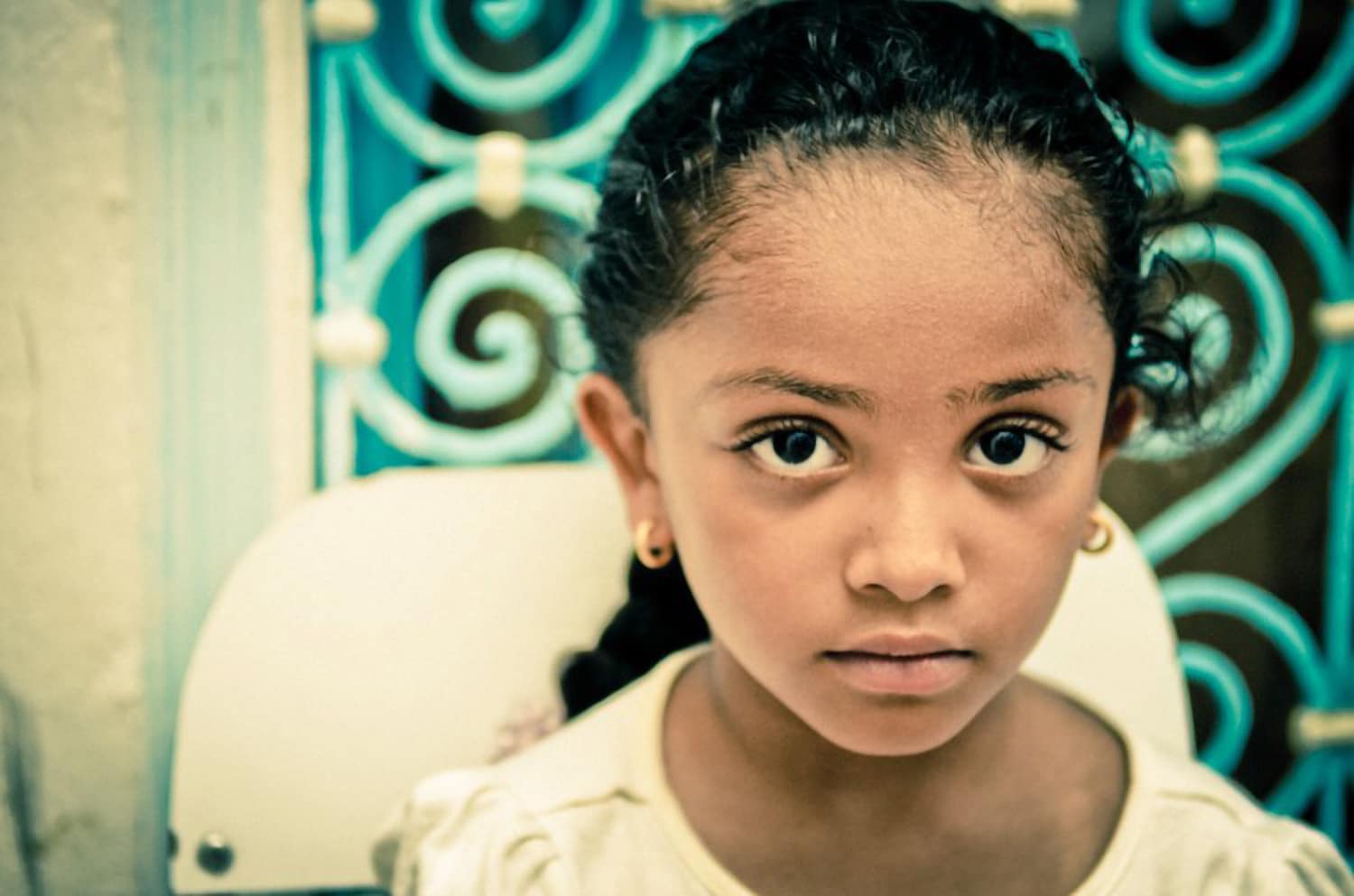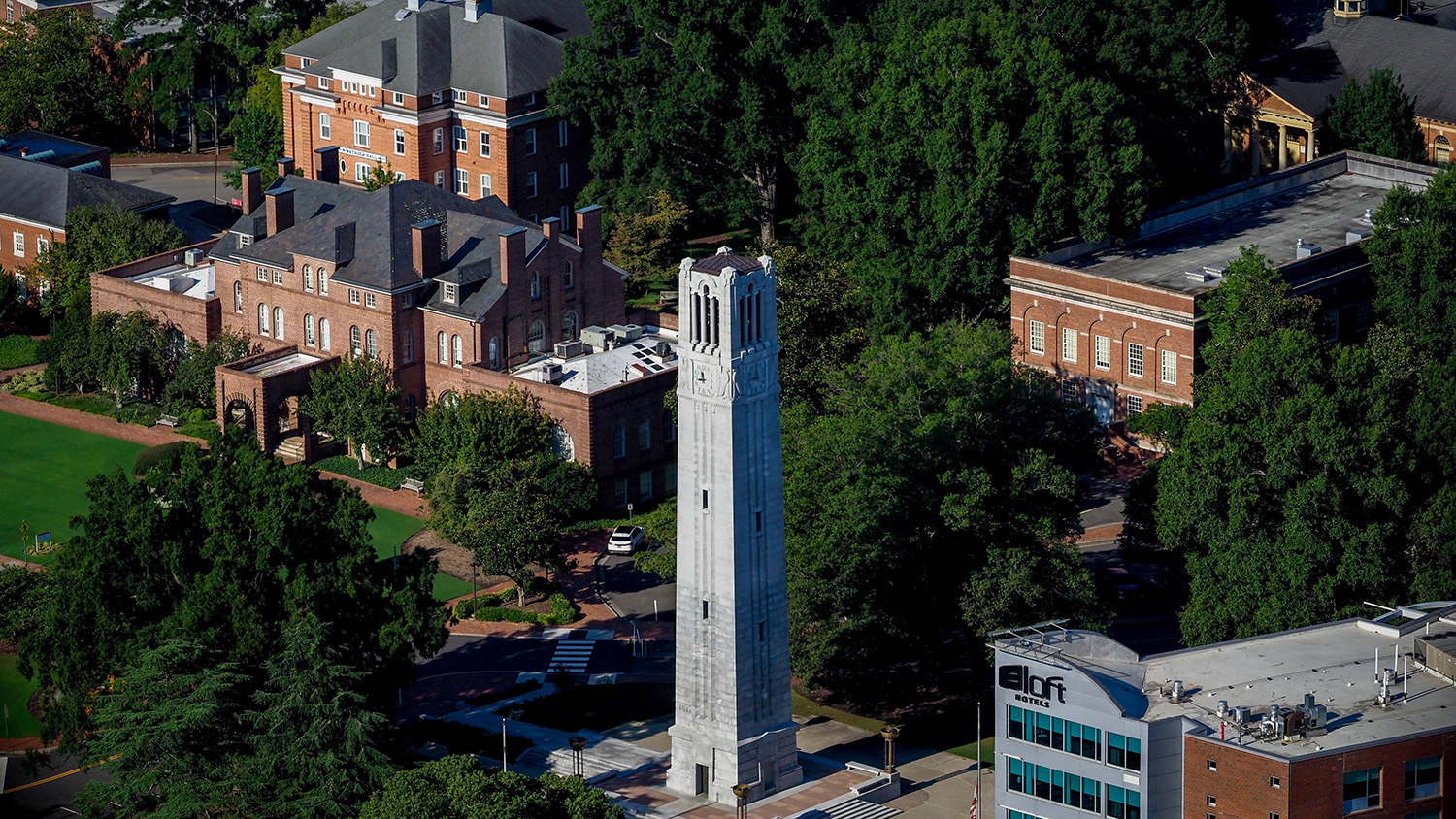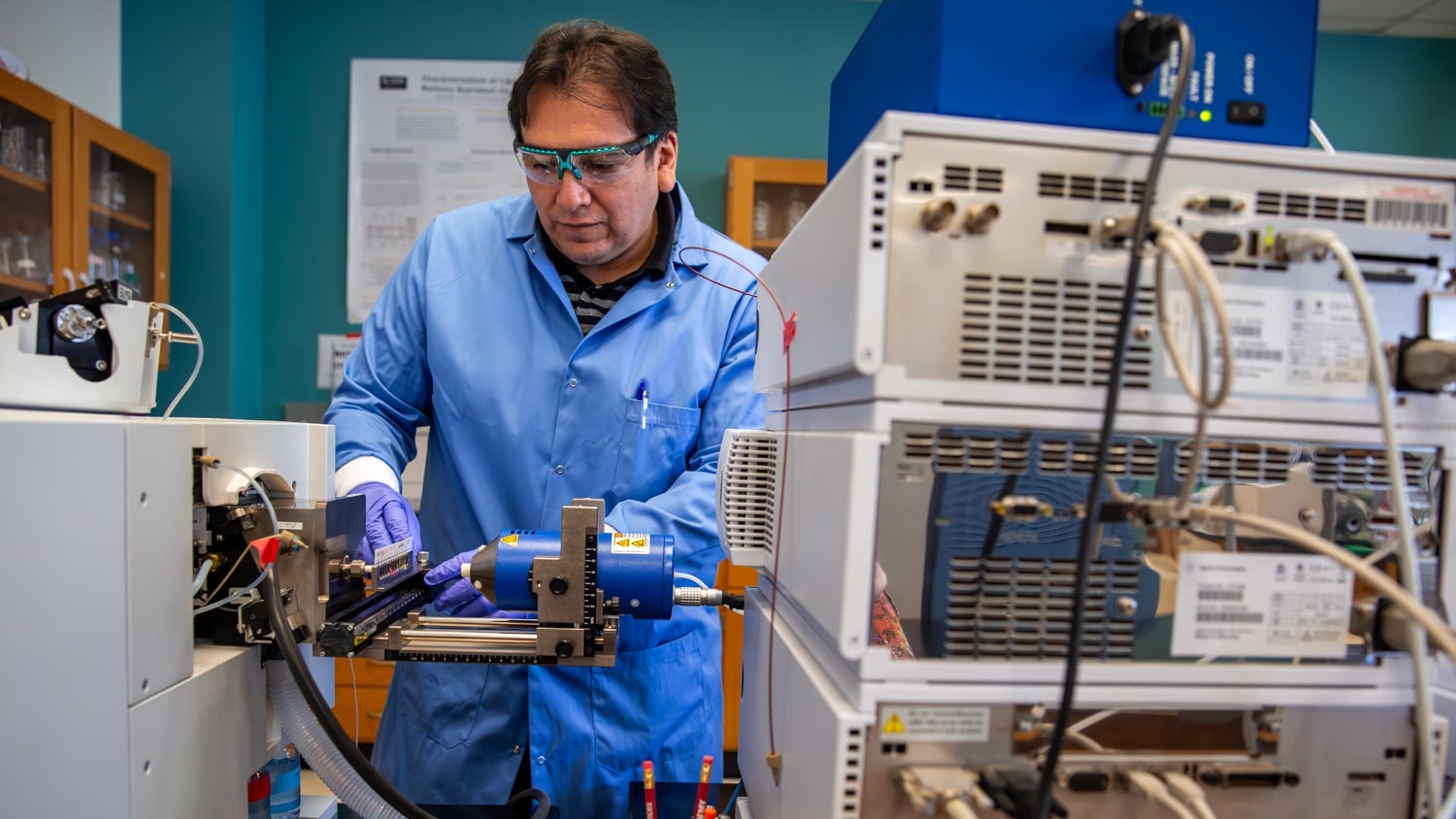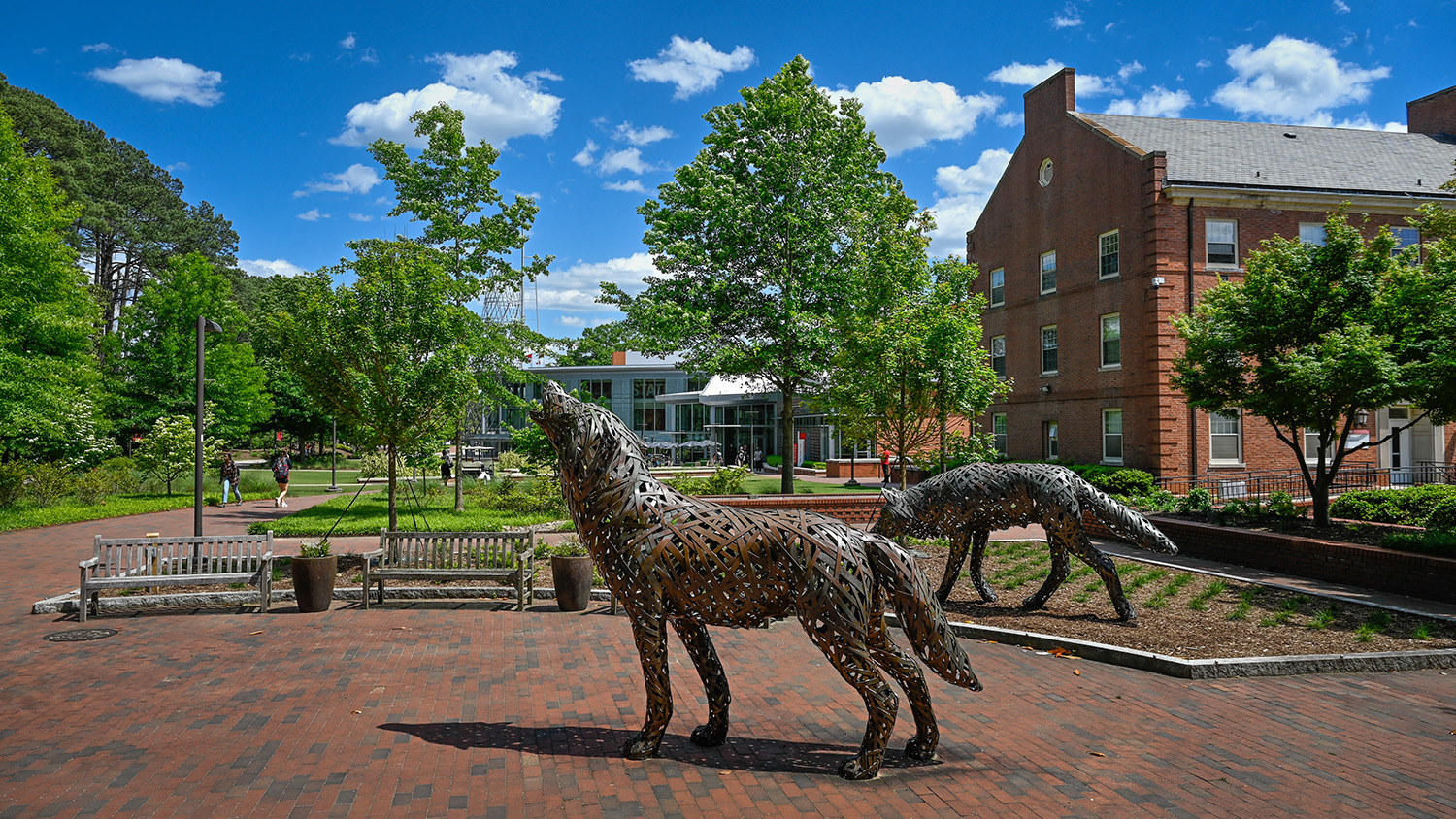Poetic Justice
Experience the first full performance of Poetic Portraits of a Revolution at Stewart Theatre on Tuesday. A team of young artists, including two NC State students, created the multimedia theatrical production after traveling to the Middle East last summer.

Mohammad Moussa’s voice has changed in the seven months since he boarded a plane for a summer trip to the Middle East. It’s measured and more self-assured, perhaps older. It would be more accurate to say the 20-year-old computer engineering student found his voice on the journey, discovering the power of the spoken word to bridge cultures and touch hearts.
That’s no small irony considering he arrived in Cairo last June with a bad case of laryngitis.
“Maybe it’s just preparing me to listen,” he mused in an audio diary that aired on National Public Radio the next week. “Because everyone has a story, but few have microphones, and sometimes it’s hard to hear across the ocean.”
Inside the Revolution
The road trip turned into far more than a listening tour, however. Moussa was joined by fellow NC State student Sameer Abdel-Khalek–a professional photographer–and poets Kane Smego and Will McInerney. With cameras and microphones in hand, the team traveled throughout Egypt and Tunisia, meeting the ordinary people who had toppled two dictators.
Along the way, they braved tear gas, dodged rubber bullets and barely escaped arrest as spies.
Sharing Their Stories
The stories they collected will be shared, through poetry, recordings and images, in a multimedia theatrical production at 7 p.m. Tuesday, Jan. 31, in Stewart Theatre. The free event will be the first complete performance of the project, called Poetic Portraits of a Revolution.
A preview at UNC-Chapel Hill last semester moved many in the audience to tears. But Moussa takes little credit for the impact of the performance.
“It’s the stories of the people themselves, not our words and footage, that are so powerful,” he said. “We documented a very powerful moment in history.”
Tuesday’s performance is sponsored by the College of Natural Resources, the College of Humanities and Social Sciences, the International Studies Program and the Middle Eastern Studies Program.
- Categories:


